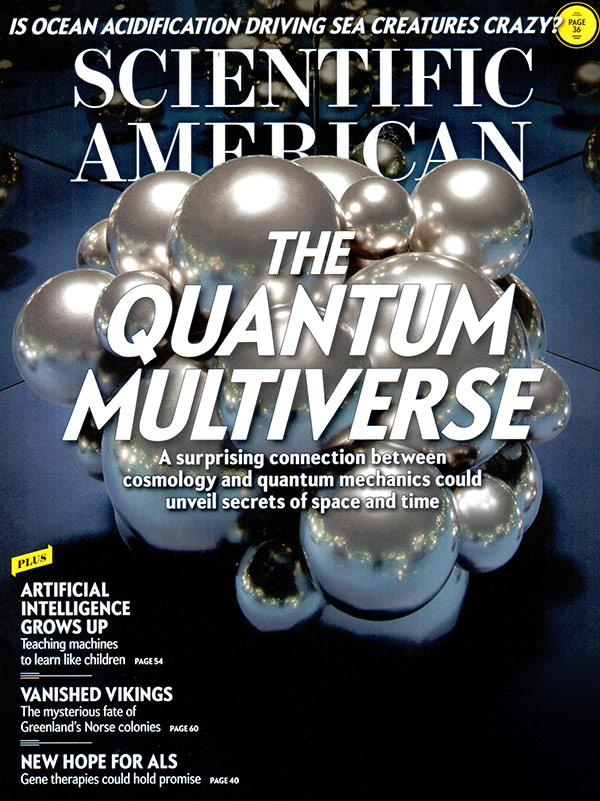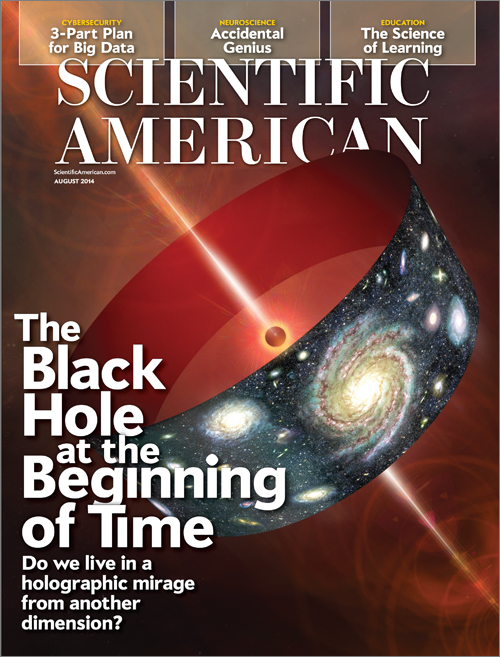Romance of the Vanished Past
Did an advanced civilization disappear more than 12,000 years ago?

Graham Hancock is an audacious autodidact who believes that long before ancient Mesopotamia, Babylonia and Egypt there existed an even more glorious civilization. One so thoroughly wiped out by a comet strike around 12,000 years ago that nearly all evidence of its existence vanished, leaving only the faintest of traces, including, Hancock thinks, a cryptic warning that such a celestial catastrophe could happen to us. All this is woven into a narrative entitled Magicians of the Gods (Thomas Dunne Books, 2015). I listened to the audio edition read by the author, whose British accent and breathless, revelatory storytelling style are confessedly compelling. But is it true? I’m skeptical.
First, no matter how devastating an extraterrestrial impact might be, are we to believe that after centuries of flourishing every last tool, potsherd, article of clothing, and, presumably from an advanced civilization, writing, metallurgy and other technologies— not to mention trash—was erased? Inconceivable.
Second, Hancock’s impact hypothesis comes from scientists who first proposed it in 2007 as an explanation for the North American megafaunal extinction around that time and has been the subject of vigorous scientific debate. It has not fared well. In addition to the lack of any impact craters determined to have occurred around that time anywhere in the world, the radiocarbon dates of the layer of carbon, soot, charcoal, nanodiamonds, microspherules and iridium, asserted to have been the result of this catastrophic event, vary widely before and after the megafaunal extinction, anywhere from 14,000 to 10,000 years ago. Further, although 37 mammal genera went extinct in North America (while most other species survived and flourished), at the same time 52 mammal genera went extinct in South America, presumably not caused by the impact. These extinctions, in fact, were timed with human arrival, thereby supporting the more widely accepted overhunting hypothesis. (continue reading…)


